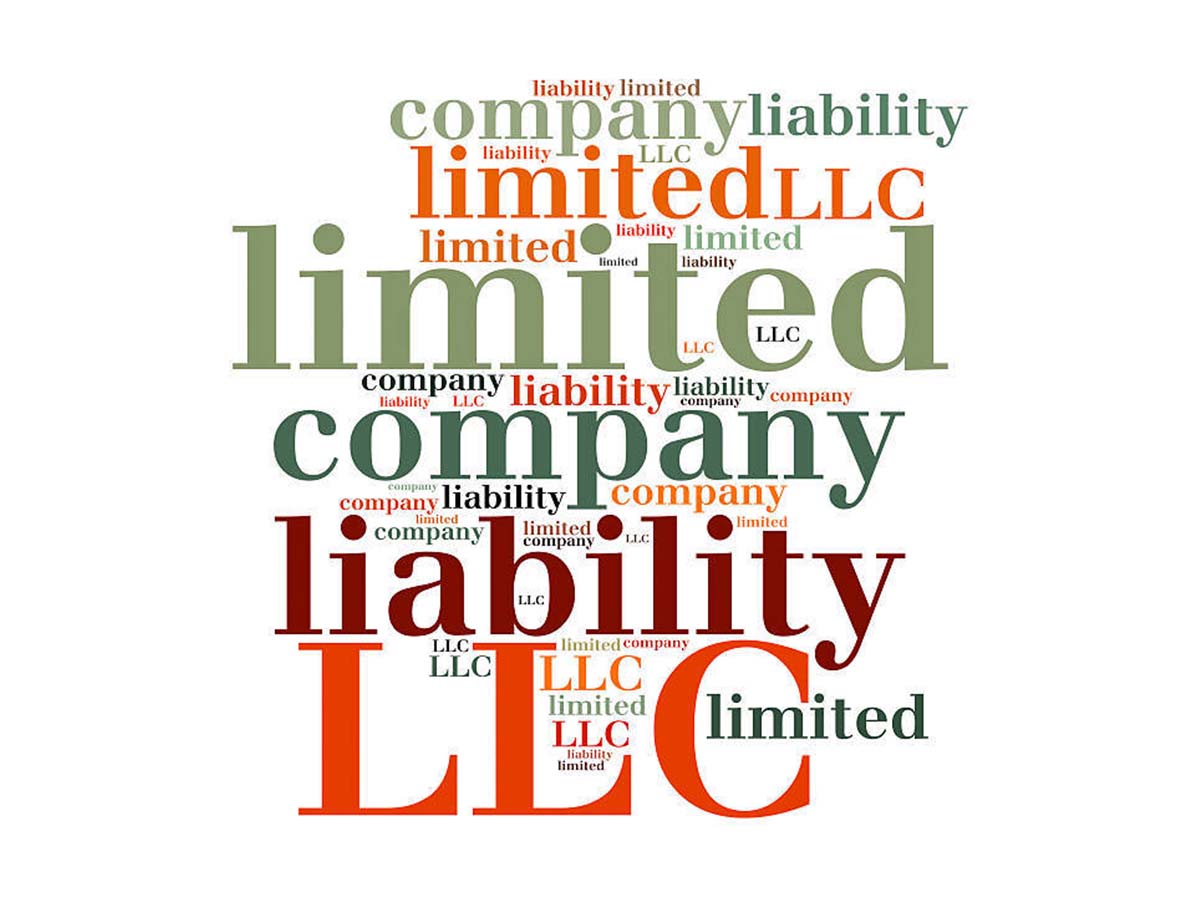Limited partnerships, joint ventures, or LLCs have become a popular way for investors to pool their resources and invest in large-scale real estate projects that they wouldn’t be able to pursue on their own. Syndication can take several forms, In this article, we’ll take a closer look at each of these forms of real estate syndication and explore their advantages and disadvantages.
Limited Partnerships
A limited partnership is a type of partnership where there are two types of partners: general partners and limited partners. General partners are responsible for managing the partnership and making investment decisions. Limited partners, on the other hand, contribute capital but have limited liability and no management responsibilities.
The advantages of a limited partnership are that it allows investors to participate in a real estate investment without taking on management responsibilities, and it limits their liability to the amount of their investment. However, limited partners typically have less control over the investment than general partners, and they may not be able to participate in decision-making.
Joint Ventures
A joint venture is a partnership between two or more parties for a specific purpose or project. In a real estate joint venture, the parties typically contribute capital, expertise, or both. Unlike a limited partnership, joint ventures typically have no general or limited partners, and all parties have an equal say in decision-making.
The advantages of a joint venture are that it allows parties to combine their resources and expertise to pursue a common goal. All parties have an equal say in decision-making, and there is no hierarchy between partners. However, joint ventures can be more complex than other forms of syndication, as all parties must agree on decisions, and there may be disagreements over the direction of the investment.
LLCs
A limited liability company (LLC) is a type of business entity that combines the liability protection of a corporation with the tax benefits of a partnership. In a real estate LLC, investors are members of the LLC and contribute capital, but they are not liable for the company’s debts or obligations.
The advantages of an LLC are that it offers investors liability protection, pass-through taxation, and flexibility in the management structure. Members can participate in management or hire a professional manager to handle day-to-day operations. However, LLCs can be more complex to set up than other forms of syndication, and they may have higher administrative costs.
Real estate syndication can take several forms, including limited partnerships, joint ventures, or LLCs. Each form of syndication has its advantages and disadvantages, and investors should carefully consider which option is best for them. Whether you’re a seasoned real estate investor or just starting, syndication can be a powerful tool for achieving your investment goals.












